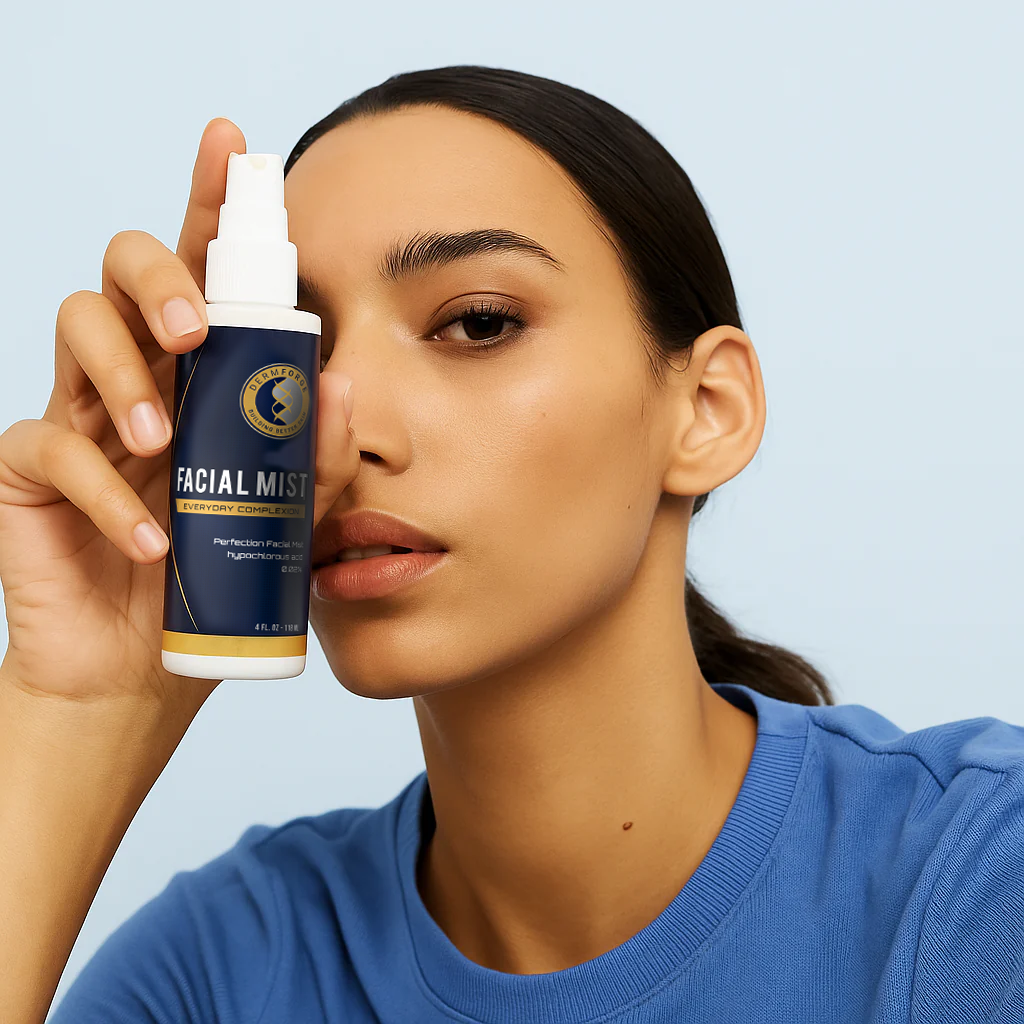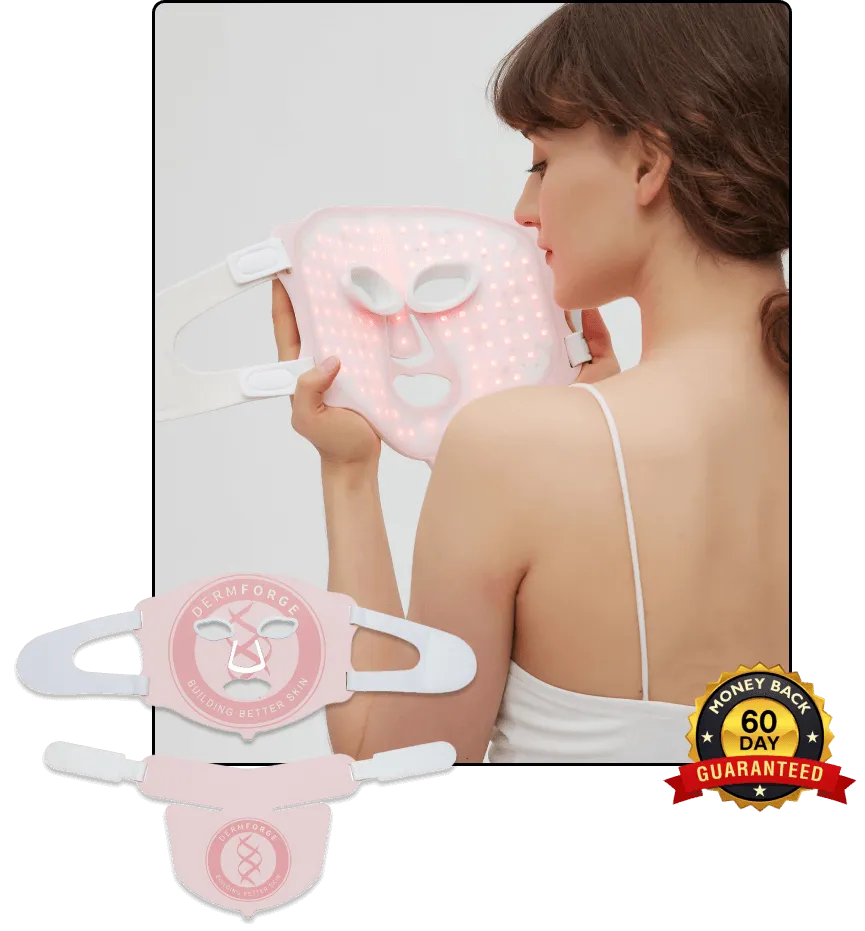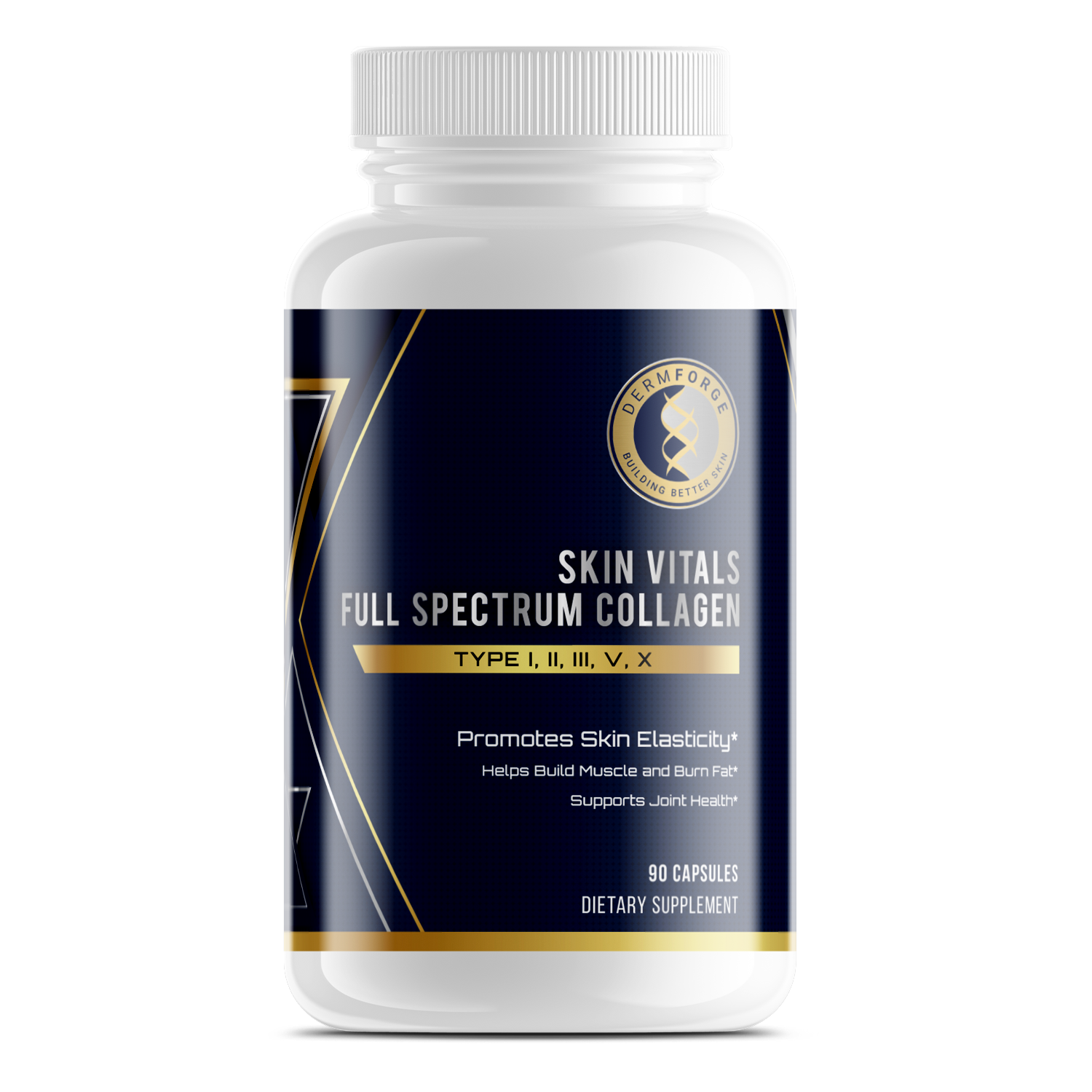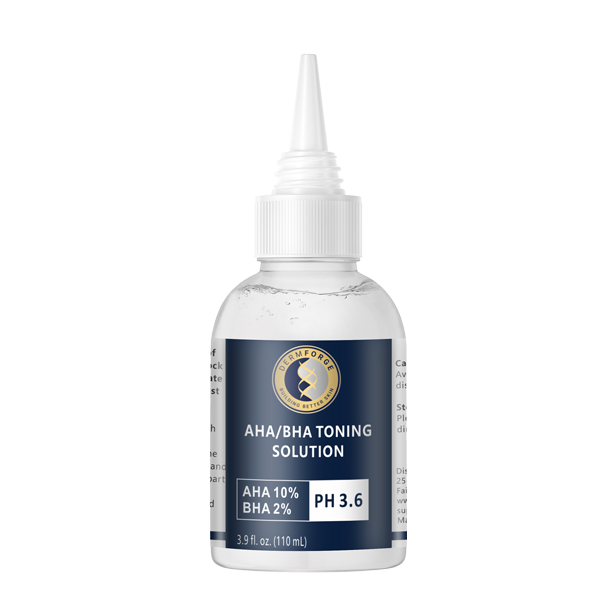If you're dealing with breakouts, you're not alone. Many people search for options that treat acne without irritating their skin. Hypochlorous acid solution for acne has become a popular alternative to traditional treatments. It offers a simpler, gentler way to support clearer skin.
Additionally, hypochlorous acid is gaining attention because it works without causing dryness or redness. It’s well tolerated by most skin types. Therefore, it’s a strong option if you’ve had trouble with other acne products. You can use it daily and even apply it more than once.
The demand for cleaner, non-irritating ingredients continues to grow. Many people now want products that calm skin instead of overworking it. Hypochlorous acid fits that need. It works without alcohol, synthetic fragrances, or harsh exfoliants. That makes it easier to build a routine that’s both simple and effective.
However, not everyone is familiar with how it works or why it’s different. Understanding the benefits and uses of hypochlorous acid can help you make informed choices. You’ll also find more options available as this ingredient gains popularity. Therefore, now is a good time to learn how it fits into acne care.
If you're trying to calm active breakouts or just want a gentler approach, this could be the product to consider. It supports your skin without adding stress or complications. You can start using it right away and adjust your routine as needed.
What Is Hypochlorous Acid and How Does It Work?
Hypochlorous acid is a naturally occurring compound your body produces as part of its immune response. It plays a role in fighting off bacteria and reducing inflammation. Scientists discovered how to replicate it for topical use, which led to its adoption in skincare products. Therefore, it became popular as a gentle option for acne-prone skin.
Additionally, hypochlorous acid works without the dryness often caused by harsher ingredients. It targets acne-causing bacteria while calming redness and irritation. Because of its mild nature, you can apply it more frequently than some traditional treatments. This makes it a flexible part of many routines.
The compound has antimicrobial properties that help keep pores clear. It also supports the skin’s natural healing process. Therefore, it’s useful not only for breakouts but also for soothing spots that are already inflamed. You can spray it directly on your face or apply it with a cotton pad.
Hypochlorous acid solution for acne is often well-tolerated by people with sensitive or reactive skin. Unlike some active ingredients, it doesn’t sting or cause visible peeling. Additionally, it pairs well with other products like moisturizers and serums. That makes it easy to add without disrupting your current routine.
Over time, consistent use may lead to fewer breakouts and less redness. The simplicity of this ingredient makes it appealing to those looking for a low-maintenance solution. You won’t need to apply layers of heavy treatments. Instead, this option offers a cleaner, lighter approach.
Benefits of Hypochlorous Acid for Acne-Prone Skin
Hypochlorous acid is known for its ability to calm and clean acne-prone skin without causing dryness. It fights bacteria linked to breakouts while supporting the skin’s natural barrier. Therefore, it helps reduce clogged pores without stripping away moisture. That makes it easier for your skin to stay balanced.
Additionally, the ingredient works fast to reduce redness and swelling. Because of its anti-inflammatory properties, it can soothe active blemishes. This helps improve the skin’s overall appearance even during flare-ups. You can apply it multiple times a day without irritating your skin.
Unlike many acne treatments, hypochlorous acid does not dry or sting. It works gently without peeling or harsh reactions. Therefore, it’s a great choice if your skin often reacts to stronger ingredients. You’ll still get the benefits without uncomfortable side effects.
Hypochlorous acid solution for acne supports a routine that focuses on calming rather than stripping the skin. It allows you to keep your skin clean and soothed at the same time. Additionally, it pairs well with other acne products, including retinoids and exfoliants. You won’t need to worry about it interfering.
Over time, your skin may feel less irritated and more comfortable. Consistent use helps reduce breakouts while keeping your skin barrier intact. You can apply it after cleansing or throughout the day as needed. That flexibility makes it useful for both morning and night routines.
Comparing Hypochlorous Acid to Traditional Acne Treatments
Many acne products rely on ingredients like benzoyl peroxide or salicylic acid. These are effective but can cause dryness or irritation. They work by targeting oil, bacteria, or clogged pores, often with strong exfoliating action. However, not everyone tolerates these ingredients well, especially with frequent use.
Additionally, these treatments can strip your skin’s protective barrier. This may lead to redness, flaking, or sensitivity. Therefore, some people stop using them too soon to see results. You may also find that combining them with other actives makes your skin feel tight or overworked.
Hypochlorous acid works differently. It fights bacteria while calming the skin instead of drying it out. Because of this balance, many people use it multiple times per day. Hypochlorous acid solution for acne offers a gentle approach without the harsh side effects. It suits both oily and sensitive skin types.
Unlike traditional treatments, hypochlorous acid doesn’t clog pores or sting. It also plays well with other steps in your routine. Therefore, it works as a supporting product alongside your serums or moisturizers. If your skin reacts to strong acids or peroxide, this may be a better option.
Over time, using hypochlorous acid may lead to fewer breakouts without the irritation. You can keep your skin clean and soothed, even when treating active acne. Additionally, its lightweight texture makes it convenient for on-the-go use. That flexibility sets it apart from heavier, harsher treatments.
How to Incorporate Hypochlorous Acid into Your Skincare Routine
You can use hypochlorous acid in your skincare routine without changing everything else you already use. It fits into most regimens easily. Apply it after cleansing and before serums or moisturizers. Because the formula is gentle, you can use it both morning and night.
Additionally, you don’t need to rinse it off after spraying or applying with a cotton pad. Let it absorb for a few seconds, then move to your next step. Therefore, it adds little time to your routine. It works well with most common ingredients like hyaluronic acid, niacinamide, or peptides.
However, if you’re using stronger actives like retinol or exfoliating acids, apply hypochlorous acid first. This helps calm the skin before other treatments. You can also use it during the day for a quick refresh. Keep a small bottle with you if your skin tends to flare up.
Hypochlorous acid solution for acne works best when used consistently. You may notice clearer skin and less redness with regular use. It’s also helpful after shaving, workouts, or sun exposure. Therefore, it serves multiple purposes in your skincare and daily hygiene.
You don’t need to worry about overuse. The formula is designed to support your skin barrier, not disrupt it. Apply it up to three times daily if needed. Just remember to follow with sunscreen in the morning for added protection. That way, your skin stays calm, clean, and covered.
Safety and Suitability for Sensitive Skin Types
Many people with reactive skin avoid traditional acne treatments because of irritation. Hypochlorous acid offers a gentler option for daily care. It helps reduce breakouts without triggering dryness, peeling, or redness. Therefore, it’s often used by those who struggle to tolerate stronger ingredients.
Additionally, hypochlorous acid does not contain fragrances, alcohol, or oils. These are common irritants in other acne products. Because of its clean formulation, it works well for sensitive skin types. You can apply it without worrying about stinging or tightness.
People with eczema, rosacea, or compromised skin barriers often turn to this ingredient. It supports healing while calming inflammation. Therefore, it’s useful during flare-ups or recovery from other treatments. You can even use it on broken skin or freshly shaved areas without discomfort.
Hypochlorous acid solution for acne is safe to use multiple times per day. You can apply it after cleansing, throughout the day, or before bed. The consistency helps reduce surface bacteria without damaging your skin’s natural defenses. It keeps your skin calm while still treating breakouts.
If other products leave your skin red or sore, this may be a more comfortable option. It works without adding stress to your skin barrier. Additionally, it supports hydration by not interfering with your natural oils. That makes it a strong fit for long-term use.
Over time, you may notice fewer breakouts and less sensitivity. You won’t need to sacrifice comfort for clear skin. Instead, you can treat acne gently and consistently with better tolerance.
Market Demand and Consumer Trends for Hypochlorous-Based Products
Interest in gentle skincare has increased as more people look for effective products that don’t cause irritation. Hypochlorous acid fits that demand. It offers a cleaner alternative to harsh acne treatments without sacrificing results. Therefore, many consumers now search for products with this ingredient on store shelves and online.
Additionally, brands have started including hypochlorous acid in sprays, mists, and cleansers. It’s often labeled as suitable for sensitive or acne-prone skin. The product category continues to grow as people look for non-irritating solutions. You’ll find more options now than just a few years ago.
Many shoppers now read ingredient lists before buying skincare. Hypochlorous acid appeals to people who want simple formulas with fewer irritants. Therefore, it aligns with the clean beauty trend. This trend focuses on transparency, non-toxic ingredients, and skin-friendly options. That has made this compound even more appealing.
Hypochlorous acid solution for acne has found a place among both new and experienced users. It’s often recommended for teens, adults, and even post-procedure care. The demand is driven by its gentle nature and low risk of side effects. Additionally, it offers a way to support skin health without adding complexity.
If you’ve noticed more brands promoting calm or barrier-safe products, this trend is part of that shift. People want skincare that works without making their skin worse. Hypochlorous acid delivers that balance. As more users share positive feedback, the market continues to grow steadily.
Conclusion
Hypochlorous acid has gained attention for good reason. It supports clean skin without the irritation caused by many traditional treatments. Therefore, it’s a practical choice if you want results without discomfort. You can use it alone or with other products already in your routine.
Additionally, this ingredient fits well with current consumer preferences. People are moving toward simple formulas that work gently and consistently. Hypochlorous acid checks those boxes. You won’t need to deal with strong smells, harsh textures, or peeling skin. Instead, you get a cleaner, more balanced way to treat breakouts.
Many users with sensitive or reactive skin find it easier to tolerate. Because it’s safe to use often, it provides flexibility. Therefore, it works for both daily care and spot treatment. You can keep it in your bag, at your desk, or in your gym bag.
Hypochlorous acid solution for acne helps calm redness and manage bacteria without stripping your skin. That balance makes it useful for people of all ages. If your current products cause irritation, this may be a better fit. You don’t need to give up comfort to keep your skin clear.
Over time, adding this to your routine can support better skin without complication. You can use it throughout the year and in any environment. It’s simple, gentle, and easy to stick with. That consistency often leads to the best long-term results with fewer setbacks.






